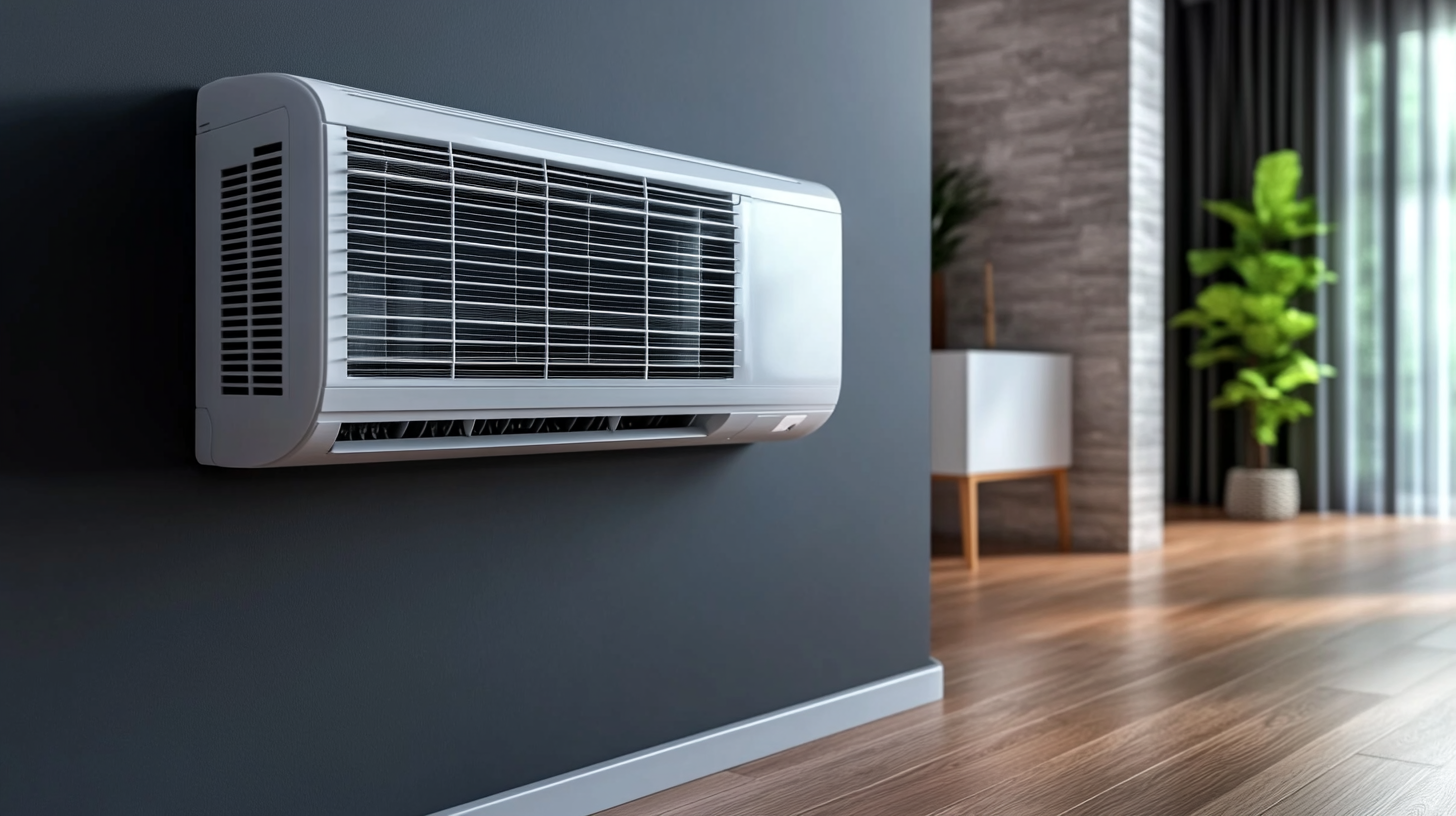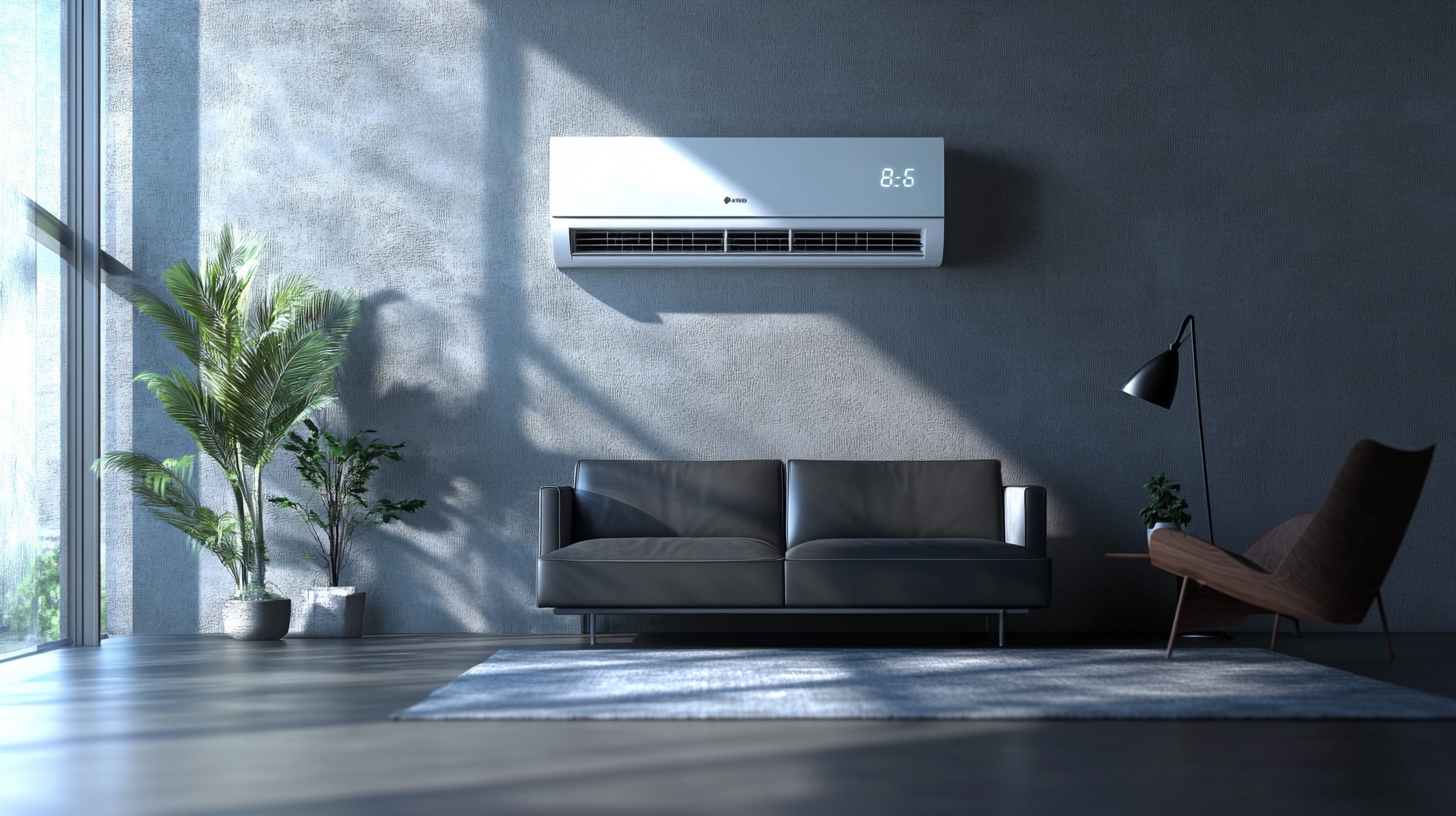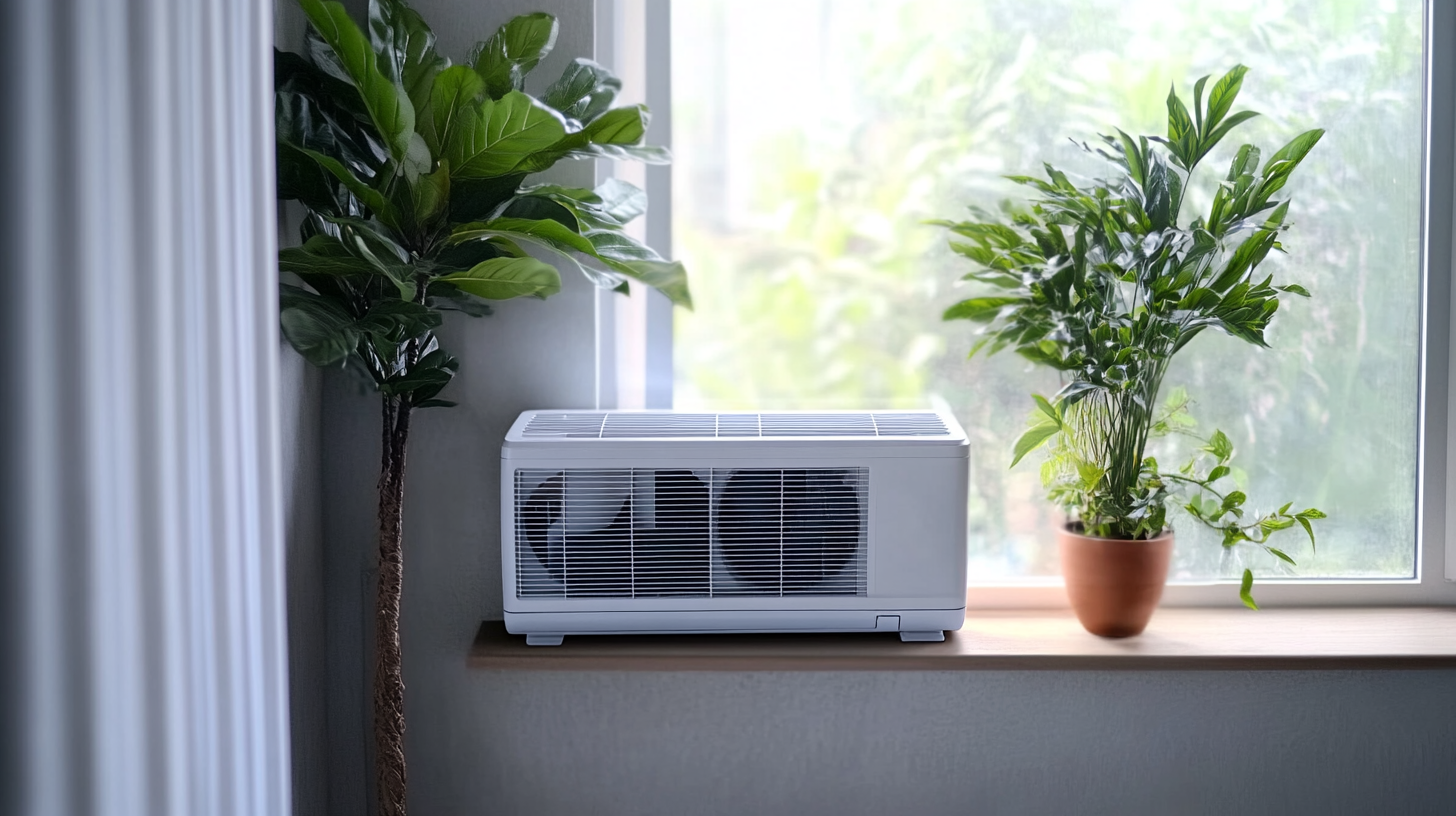Language
- English
- Afrikaans
- O'zbek
- Lëtzebuergesch
- Español
- Português
- русский
- Français
- Deutsch
- tiếng Việt
- Italiano
- Nederlands
- ภาษาไทย
- Polski
- 한국어
- Svenska
- magyar
- Malay
- Dansk
- Suomi
- हिन्दी
- Pilipino
- Türkçe
- Gaeilge
- العربية
- Indonesia
- Norsk
- تمل
- český
- ελληνικά
- український
- Javanese
- فارسی
- தமிழ்
- తెలుగు
- नेपाली
- Burmese
- български
- Latine
- Қазақша
- Euskal
- Azərbaycan
- Slovenský jazyk
- Македонски
- Lietuvos
- Eesti Keel
- Română
- Slovenski
- मराठी
- Srpski језик



 In today's climate-conscious world, the demand for energy efficiency has become more pronounced, especially in the realm of heating and cooling solutions. According to a report by the International Energy Agency (IEA), residential heating and cooling contribute to nearly
In today's climate-conscious world, the demand for energy efficiency has become more pronounced, especially in the realm of heating and cooling solutions. According to a report by the International Energy Agency (IEA), residential heating and cooling contribute to nearly  In the rapidly evolving landscape of
In the rapidly evolving landscape of 